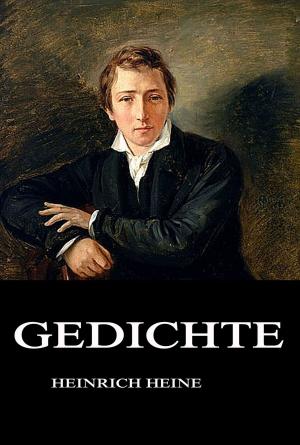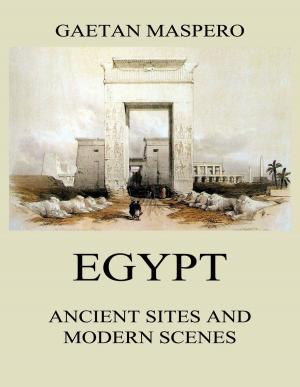| Author: | Mary of Agreda | ISBN: | 9783849652357 |
| Publisher: | Jazzybee Verlag | Publication: | August 9, 2018 |
| Imprint: | Language: | English |
| Author: | Mary of Agreda |
| ISBN: | 9783849652357 |
| Publisher: | Jazzybee Verlag |
| Publication: | August 9, 2018 |
| Imprint: | |
| Language: | English |
At thirty-five Mary Agreda began her Mystical City of God, which was the fruit of her daily meditations and rapt states of contemplation. When this work appeared it was hailed with almost unanimous applause by the bishops of Spain. The Spanish Inquisition, always rigid in its censorship, regarded it as almost, if not wholly, of divine revelation. The Sorbonne at Paris held thirty-two stances, in which five hundred and fifty doctors discussed its merits, but finally condemned it with true national hostility to Spain. At Rome it was indeed placed on the Index, but was removed shortly after by command of the pope himself, some say at the solicitation of the King of Spain. Though no formal approbation has ever been given to the work, Pope Alexander VIII. authorized its circulation, and Clement IX. forbade its being placed on the Index. Its discussion, however, has delayed the process for the canonization of its author, though no one ever doubted her sincerity, her earnest convictions, and the saintliness of her character. In it she displays a mind thoroughly imbued with the religious spirit, and, though without education, strictly speaking, shows a knowledge of Scripture, a depth of theological learning, and a correctness of scholastic terms that are truly surprising. The style is dignified, and yet easy; and some of her descriptions have a certain grandeur, as in the Passion, where Satan and his angels are represented as following Christ to Mount Calvary bound in chains, forced to become witnesses of his sufferings and death, and smitten to the ground at the moment of the Consummatum est. This is volume three out of four.
At thirty-five Mary Agreda began her Mystical City of God, which was the fruit of her daily meditations and rapt states of contemplation. When this work appeared it was hailed with almost unanimous applause by the bishops of Spain. The Spanish Inquisition, always rigid in its censorship, regarded it as almost, if not wholly, of divine revelation. The Sorbonne at Paris held thirty-two stances, in which five hundred and fifty doctors discussed its merits, but finally condemned it with true national hostility to Spain. At Rome it was indeed placed on the Index, but was removed shortly after by command of the pope himself, some say at the solicitation of the King of Spain. Though no formal approbation has ever been given to the work, Pope Alexander VIII. authorized its circulation, and Clement IX. forbade its being placed on the Index. Its discussion, however, has delayed the process for the canonization of its author, though no one ever doubted her sincerity, her earnest convictions, and the saintliness of her character. In it she displays a mind thoroughly imbued with the religious spirit, and, though without education, strictly speaking, shows a knowledge of Scripture, a depth of theological learning, and a correctness of scholastic terms that are truly surprising. The style is dignified, and yet easy; and some of her descriptions have a certain grandeur, as in the Passion, where Satan and his angels are represented as following Christ to Mount Calvary bound in chains, forced to become witnesses of his sufferings and death, and smitten to the ground at the moment of the Consummatum est. This is volume three out of four.















